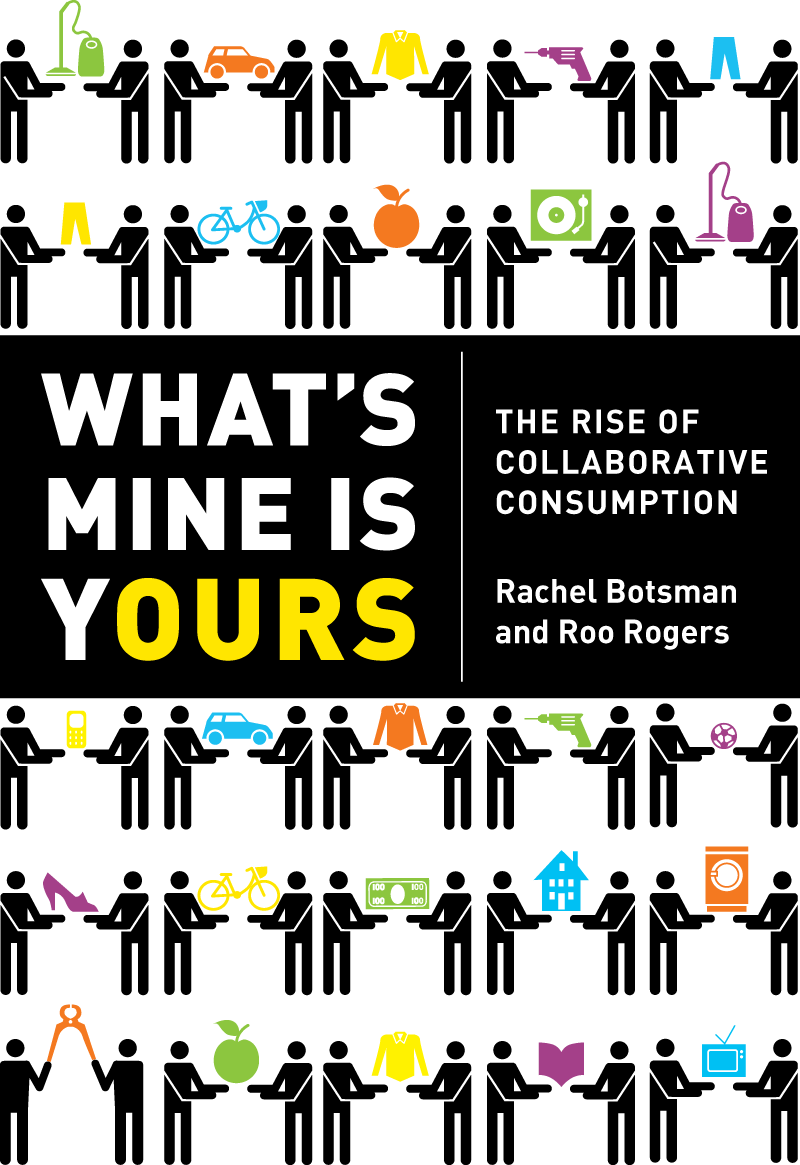Selling furniture on Craigslist. Watching a movie on Netflix. Listening to Spotify at work. These simple, everyday activities are all part of something extraordinary – collaborative consumption.
Collaborative consumption is a way of sharing products and services instead of having individual ownership. Instead of buying brand new furniture – recycle someone else’s through Craigslist. Instead of going out and buying a DVD or CD, watch and listen through Netflix and Spotify. This new outlook on consumerism really challenges the conventional “buy, buy, buy” mentality.
Collaborative consumption really began to pick up after the economic downfall of 2008. People were low on money, cared about the environment and were leaning on each other for support. Collaborative consumption allowed people to have a lot of products and experiences without having to spend a lot of money. It also allowed them to be more environmentally responsible by reducing waste.
Three types of collaborative consumption exist:
- Product service systems: when you want the benefits of the product, but you don’t want to pay to own it. A great example of this is Zilok. They rent anything – from tools to electronics.
- Redistribution markets: when used items find a new home – for free or for money. eBay is a perfect website for finding things that people don’t want anymore. Instead of throwing our old items away, we sell them to others that can use them.
- Collaborative lifestyles: when people with common interests come together to share. Locally it can happen with a shared garden. Globally it can work with sites like AirBnb, a site dedicated to sharing rooms to travelers around the world.
This type of sharing has always been around with bartering and trading. Now as you can see in the above examples, we have the internet and social media to make it easier to get the word out.
It’s predicted that collaborative consumption won’t slow down even as the economy picks up again and people have money. It’s quickly becoming a party of society.
Have you already been collaboratively consuming without knowing that you are? Now that you know, will you take part in the trend more?
























